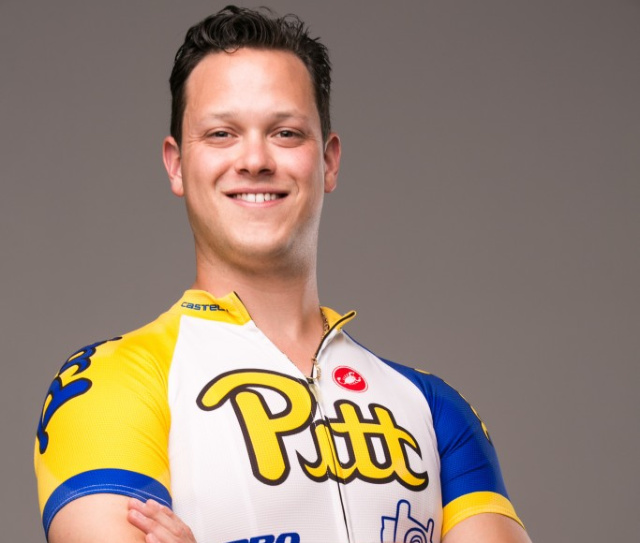For over 15 years, Menachem Brodie has been coaching endurance athletes to new personal bests. Today, we’re getting lost in the weeds with strength training for runners.

Menachem Brodie is an exercise scientist, USA Cycling Expert level coach and USA Triathlon certified coach, and a graduate of an American College of Sports Medicine Accredited program with a bachelors in Exercise Physiology.
He also has experience working in physical therapy, Emergency Medicine, and even with sports like basketball and CrossFit.
By now, you’ve noticed that I love speaking with guests on the podcast with a wide diversity of experiences. And Menachem clearly fits the mold.
Today, we’re discussing strength training for endurance runners.
More specifically, we’re focusing on:
- The value of having a strength and conditioning certification (but why experience also matters)
- Strength work for rehabilitation vs. performance
- The lifting differences between endurance runners and cyclists
- How to think about strength training periodization
- Thoughts on fitness classes like Orange Theory, boot camp, Body Pump, etc.
As the author of two strength training courses offered on the Training Peaks site, Menachem is uniquely positioned to offer us new perspectives on weightlifting for runners.
Menachem Brodie on Lifting as Endurance Runners
Having a thorough background in exercise science, coaching, physical therapy, and even Emergency Medicine gives Menachem a commanding outlook on how endurance athletes can improve and prevent injury.
And while he focuses on cycling and triathlon, the relationship to running is clear. In this conversation, we focus exclusively on runners and how they can position themselves to benefit most from weightlifting.
Subscribe to the Strength Running Podcast in iTunes, Spotify, or Stitcher.
Show Links & Resources:
- Coach Brodie on Training Peaks
- Menachem’s website
- Follow him on Instagram
- Strength Running’s Strength Challenge
Menachem, thank you for coming on the show and sharing your experiences and expertise!
I’m particularly grateful for his perspective that coaches should develop “whole athletes” and focus on non-sport specific training for better results.
After all, stronger athletes who are better able to move well are going to be faster with far few injuries.